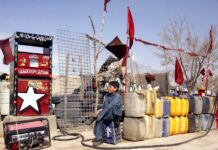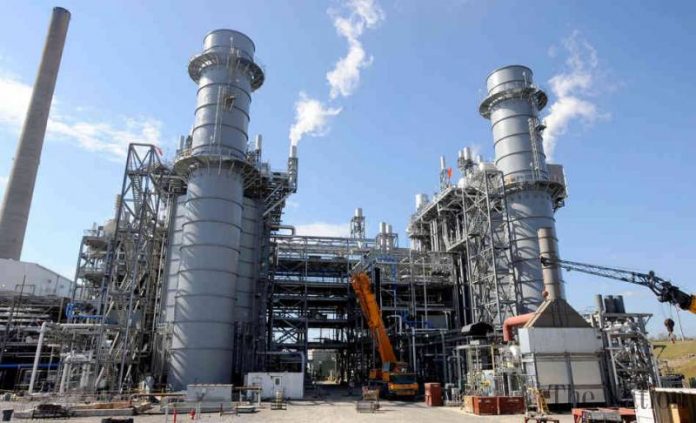ISLAMABAD: The government has claimed about Rs16 billion liquidity damages (LDs) from Chinese contractors and their local partners for delays in commissioning of its two LNG-based power projects of about 1,230MW each in Punjab.
A senior official said the National Power Projects Management Company Ltd (NPPMCL) had formally issued notices to the contractors of both the projects for recovery of liquidity damages. Under the contract, he said, the contractors were required to pay 10pc of the Engineering, Procurement and Construction (EPC) cost of the project, reported Dawn.
The 1,230MW LNG-based power project at Balloki-Kasur, near Lahore was given to Harbin Electric International and Habib Rafique Group as EPC contract at an estimated cost of about $600 million while similar project at Haveli Bahadur Shah in Jhang was given on EPC to Power Construction Corporation of China and Al-Qavi Engineering at $624m.
He said the notices had been issued for recovery of more than Rs16bn from the two consortia of contractors including almost $123m as LDs and some other charges. Both the projects missed their commercial operation deadlines (CODs) for combined cycle generation by 4-5 months, causing economic loss and opportunity costs to the government while the entire gas sector supply chain suffered losses.
Responding to a question if the contractors of third LNG-based project at Bhikki were also issued notices for LDs, the official explained that it belonged to the Punjab government which expressed its displeasure when notices were issued for LD claims for two federal projects – Haveli Bahadur Shah and Balloki.
The three Punjab-based power projects of about 3,600MW on imported liquefied natural gas (LNG) were key to address load-shedding. All were planned for CODs latest by December 2017-January 2018. Of them, Haveli Bahadur Shah formally achieved COD last week while two others are yet to achieve that milestone.
The consortium comprising Harbin Electric International and Habib Rafique Ltd had been declared successful bidder in September 2015 for offering a levellised electricity cost of 7.973 cents per unit evaluated on the basis levellised electricity cost as a function of energy (kWh) generated as well as engineering, procurement, construction and fuel cost over the first 12 years.
In August of same year, another consortium comprising Power Construction Corporation of China and Qavi Engineers was declared the lowest bidder for the similar power project in Haveli Bahadur Shah of Jhang district at a lowest levillised electricity cost of 7.921 cents per unit, almost at the same terms like Baloki.
The delayed commissioning of these plants had not only compromised full utilisation of LNG terminals but also caused demurrage charges to LNG importers, losses to the gas utilities and payment problems to the entire supply chain.
On top, the consumers were the key sufferers in view of increased cost of gas as LNG processing charges of the terminal increased from committed 41 cents per million British thermal unit (mmBtu) to $1.21 and beyond and compelled the gas regulator to increase the cost of regassified-LNG (RLNG) to consumers.
The sources said the receivables of the Sui Northern Gas Pipelines Limited (SNGPL) were over Rs30bn of which about Rs26bn were payable to Pakistan State Oil. These receivables stem from inability of the SNGPL to bill full cost of RLNG which it was compelled to divert to small consumers in the absence of power plants.
About Rs4bn could not be recovered from Pak-Arab Fertilisers on account of price differential between imported RLNG and domestic gas and the matter is now under litigation. A substantial part of the emerging circular debt would have to be written off in the absence of regulatory approvals.
On the other hand, these LNG plants had “take or pay” clauses in their agreements with gas companies, in particular SNGPL but the federal government had verbally warned gas companies from billing committed gas quantities to LNG plants because that would surge their electricity tariff much beyond rates approved by the power regulator.























